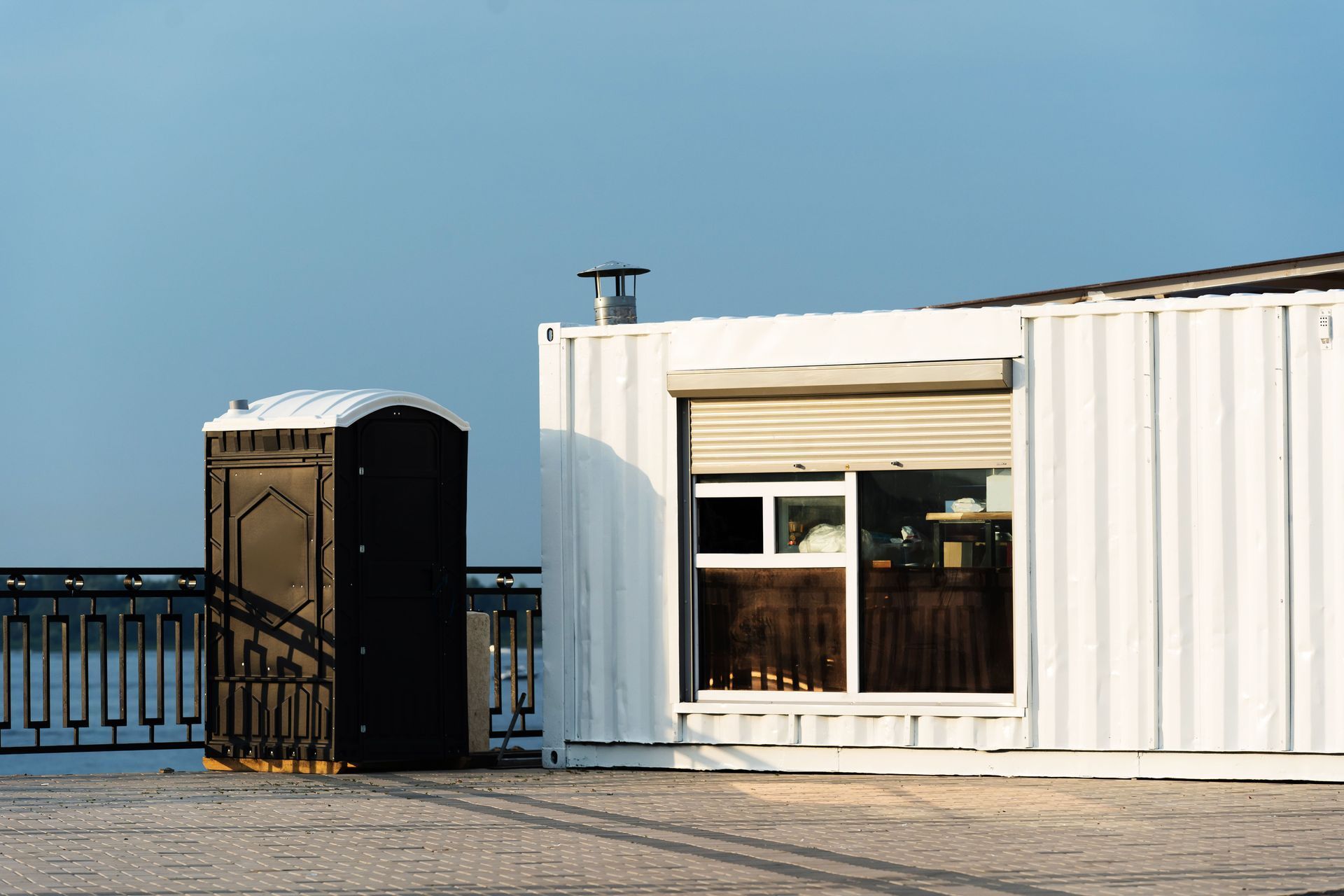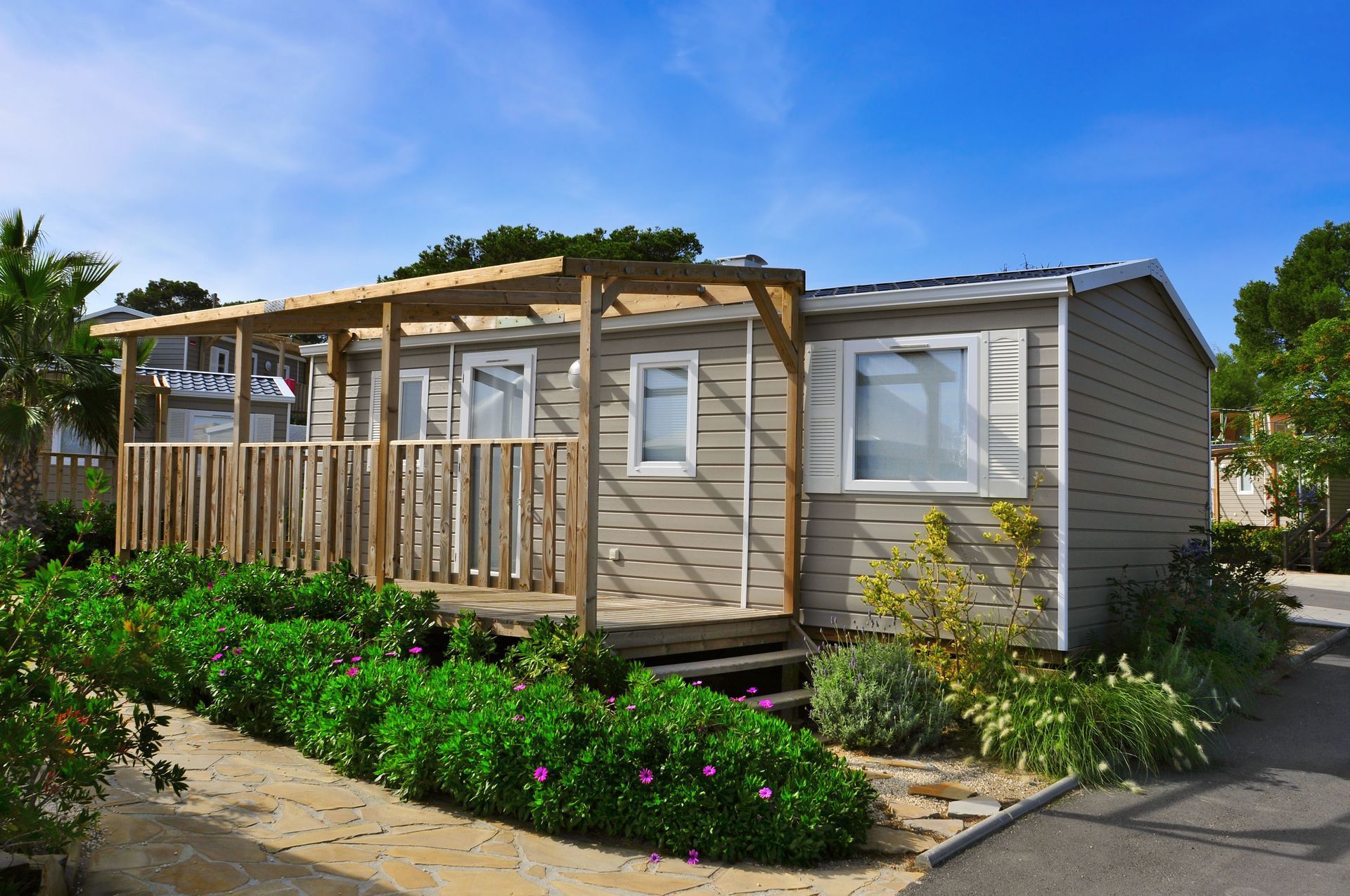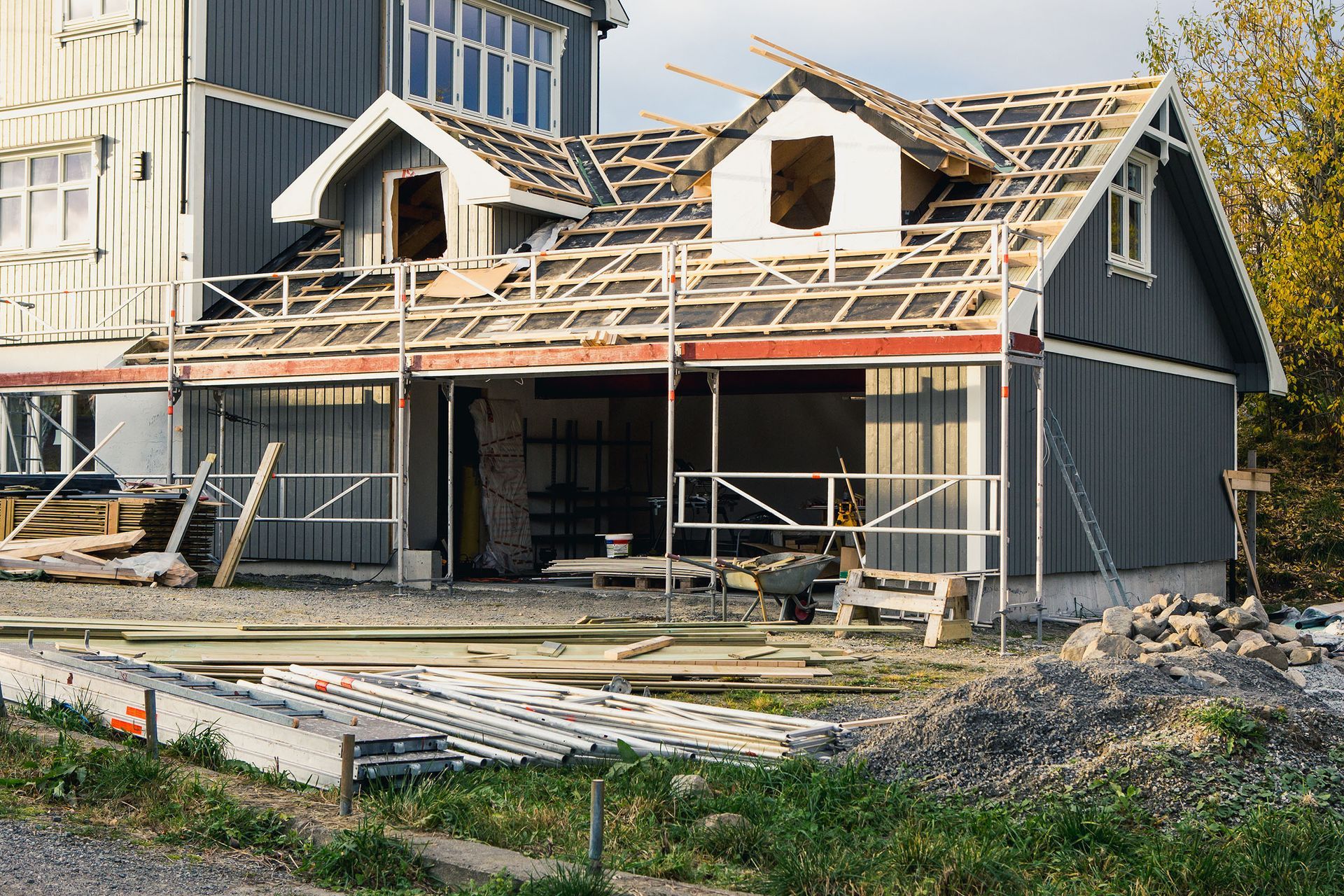August 28, 2025
In recent years, modular homes have gained popularity as an efficient, cost-effective, and customizable housing solution. While traditional homes still dominate the market, custom modular homes present a modern alternative with unique advantages. This article explores the reasons why building a custom modular home might be the ideal choice for you.
Exploring the Cost Benefits of Modular Homes
A. Lower Initial Investment
When it comes to initial investment, modular homes offer significant cost advantages over traditional homes. The streamlined manufacturing process allows for economies of scale that reduce costs. Factory-built modules minimize labor expenses associated with on-site construction. This manufacturing efficiency translates into a lower price per square foot than equivalent conventional homes. Traditional on-site building projects often encounter unexpected costs, but with modular homes, expenses are kept predictable.
B. Greater Long-Term Savings
Beyond the initial investment, modular homes offer considerable long-term savings. Energy-efficient designs contribute to lower utility bills, effectively reducing homeowners' monthly expenses. Additionally, the durability of materials used in modular homes ensures lower maintenance costs over time. According to Straits Research, the global modular construction market is expected to grow at a CAGR of 6.3% during the forecast period (2025–2033), reflecting the increasing recognition of these benefits. The savings realized over the lifespan of a modular home can make it a more economical option than traditional housing.
C. Minimizing Construction Waste
Modular construction is notably more sustainable due to its efficiency in reducing waste. The factory setting allows for precise material planning and utilization, resulting in significantly less waste compared to traditional construction methods. Mitigating waste not only benefits the environment but also cuts down on disposal fees and related expenses. Moreover, many factories recycle unused materials, further enhancing their environmental friendliness. This sustainability factor helps modular homes align with modern ecological values and practices.
Accelerating the Building Process With Modular Construction
A. Streamlining With Pre-Fabrication
One of the most appealing aspects of modular homes is the speed of construction made possible by the pre-fabrication process. Modules are assembled in a factory setting, independent of weather conditions, allowing work to continue year-round. This controlled environment improves scheduling predictability and speeds up the time from planning to completion. Time savings in construction also reduce the financial burden of protracted projects. Furthermore, the controlled conditions contribute to enhanced quality and precision in the build.
B. Building With Weather Resistance
Unlike traditional construction that depends heavily on weather conditions, modular homes benefit from weather-resistant construction capabilities. Factory assembly shields materials and the construction process from adverse conditions like rain and snow. Protecting the build from weather delays ensures a more reliable project timeline and minimizes damage risks during construction. As a result, modular homes offer a level of predictability and assurance that's impossible with site-built projects. This reliability is a significant reason why more homeowners are choosing modular construction.
Customizing Modular Homes for Personal Style
A. Tailoring Layouts and Floor Plans
Modular homes offer unparalleled design flexibility and customization options for homeowners. Buyers can choose from a vast array of floor plans, each customizable to personal preferences and lifestyle needs. This personalization allows for unique designs, catering to specific requirements such as additional bedrooms, open-plan living areas, or specialized spaces like home offices. Unlike traditional builds, modifications to modular designs can be implemented efficiently without extending timelines significantly. Tailored solutions ensure homeowners are not settling for a one-size-fits-all approach.
B. Selecting Materials and Finishes
The choice of materials and finishes in modular homes is extensive, offering a level of customization that lets homeowners express their style. From eco-friendly materials to luxurious finishes, modular homes provide options that cater to a wide range of tastes and budgets. This selection process allows owners to align their homes with environmental priorities while maintaining aesthetic preferences. Emphasis on personalization ensures that modular homes are built to reflect the individual character of their occupants. The ability to choose materials extends further towards energy efficiency, allowing for enhanced sustainability.
Improving Energy Efficiency and Sustainability
A. Enhancing Insulation and Thermal Performance
Energy efficiency is a core advantage of modular homes, particularly in terms of insulation and thermal performance. Modular construction often exceeds energy standards required for traditional homes, offering superior insulation that significantly reduces energy loss. This efficiency leads to lower heating and cooling bills, contributing to lower ongoing costs. Advanced insulation materials and techniques ensure comfortable, consistent interior temperatures regardless of external weather conditions. Energy-efficient homes also reduce environmental impacts, aligning with broader ecological goals and sustainable living practices.
B. Choosing Eco-Friendly Materials
Integrating eco-friendly material options is an essential feature of modular homes, appealing to the growing demographic mindful of environmental impact. Many manufacturers offer sustainable materials such as recycled steel, bamboo, or reclaimed wood, minimizing ecological footprints. Beyond aesthetics, such materials contribute to the resilience and longevity of the construction, further enhancing value. Utilizing low-VOC materials reduces harmful emissions inside the home, promoting healthier living conditions. As sustainability becomes increasingly important, these eco-conscious choices play a vital role in the decision-making process for potential homeowners.
Ensuring Durability and Build Quality
A. Reinforcing Structural Integrity
The structural integrity of modular homes is a testament to their superior build quality, offering resilience beyond conventional homes. Modular constructions undergo rigorous engineering and design processes to ensure durability. Built to withstand transportation stresses, they often exceed the structural requirements of traditional homes. Modular buildings are tested for safety and resilience, particularly against seismic activity and extreme weather events. This structural robustness ensures lasting peace of mind for homeowners, confident in their home's ability to withstand the elements.
B. Resisting Weather Extremes
Modular homes provide reliable resistance to weather extremes, offering protection against severe climatic events. This capability stems from reinforced construction techniques that affix homes securely to their foundations. From potent storms to heavy snowfalls, modular homes demonstrate exceptional resilience against environmental challenges. Advanced engineering methods and material science underpin this capacity, setting a high standard for safety and security. Choosing to live in a modular home means prioritizing safety without sacrificing the benefits of modern living.
Navigating Compliance and Zoning Requirements
A. Understanding Local Building Codes
Compliance with local building codes is a critical part of constructing custom modular homes. Understanding regional regulations ensures the development aligns with safety and legal requirements. Unlike traditional builders, modular home manufacturers are skilled in navigating these codes, ensuring homes meet necessary standards and guidelines. This expertise simplifies the pathway to securing the necessary permits and approvals. Additionally, early engagement with code compliance supports a smoother, more efficient construction process, minimizing potential delays or complications.
B. Simplifying the Permitting Process
The permitting process for modular homes is often more straightforward compared to traditional builds. Since much of the construction takes place in a factory, approval processes focus more heavily on site preparation and connections rather than complete builds. Consequently, permitting becomes more predictable and achievable in shorter time frames. Manufacturers work closely with local authorities, easing the paperwork burdens traditionally associated with construction projects. A streamlined permitting process benefits homeowners by contributing to minimized time from conception to completion.
Building a custom modular home offers numerous benefits, from cost efficiency and quick construction to enhanced sustainability and superior build quality. As awareness grows, more homeowners are seeing the value in this innovative approach to housing, making it a compelling option for those seeking a modern and personalized living space. Ready to explore what’s possible with modular design? Contact LGS Home Builders, LLC today to start planning your dream home with a trusted local team.





